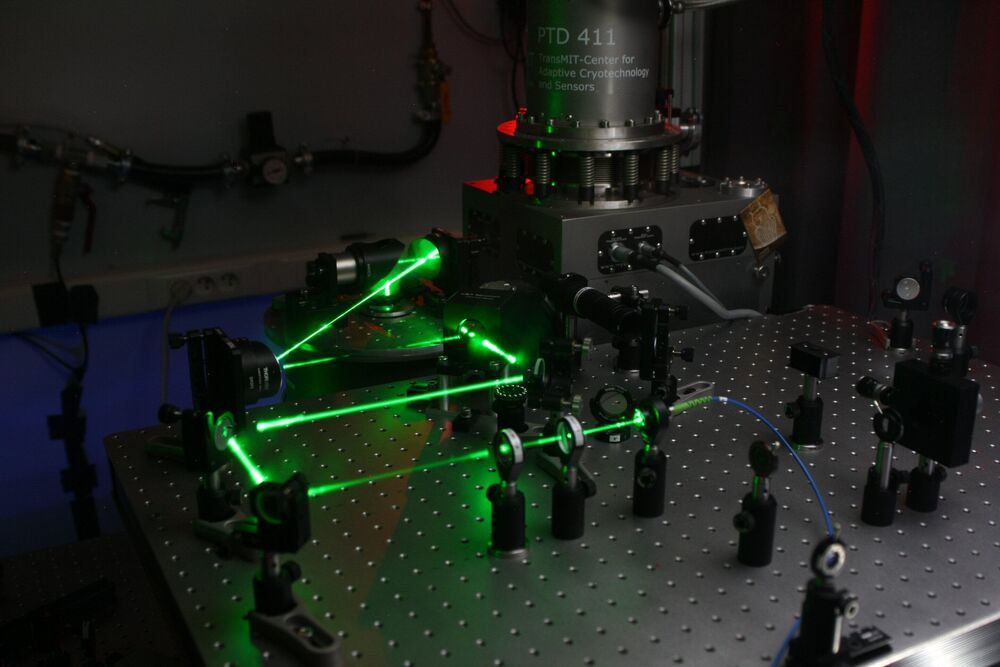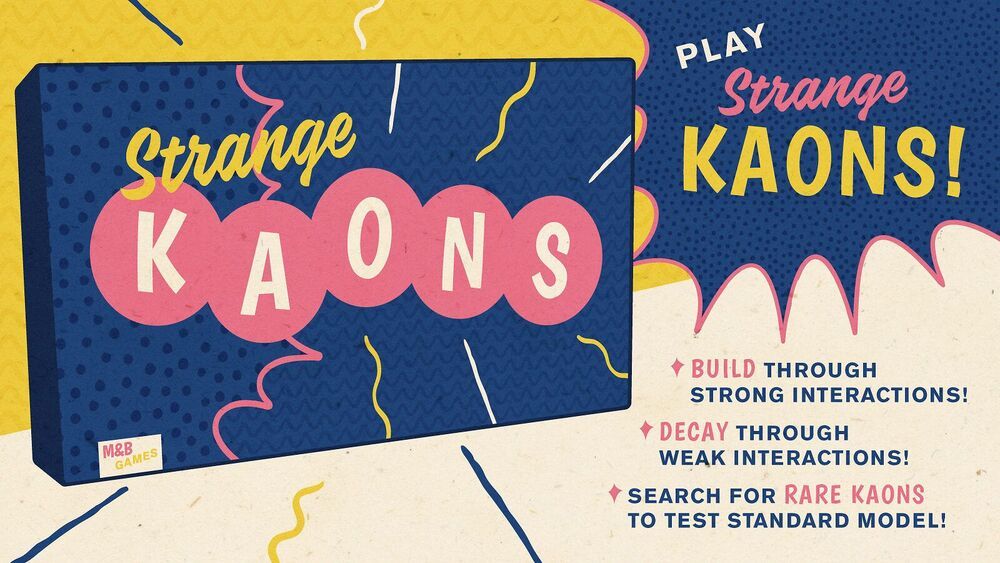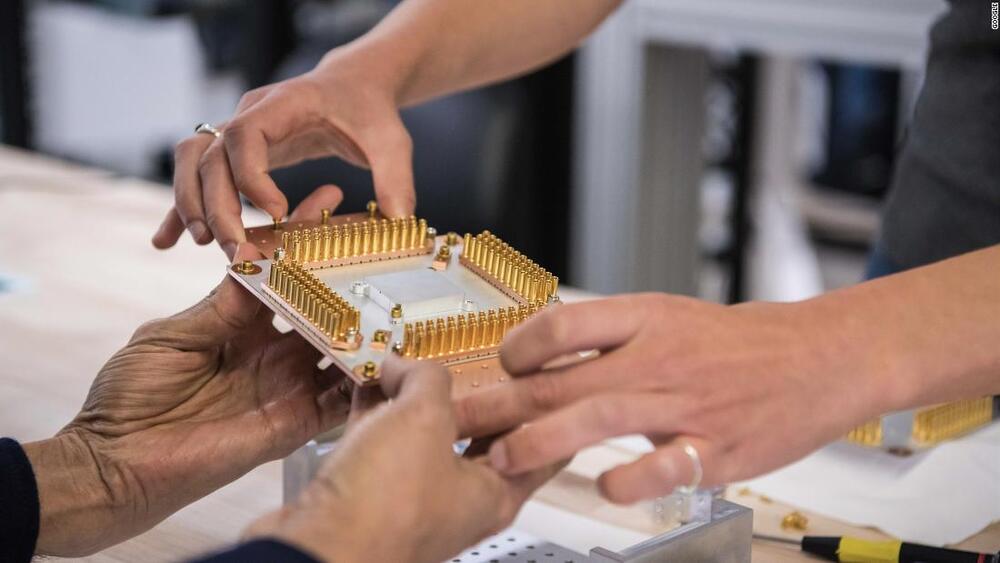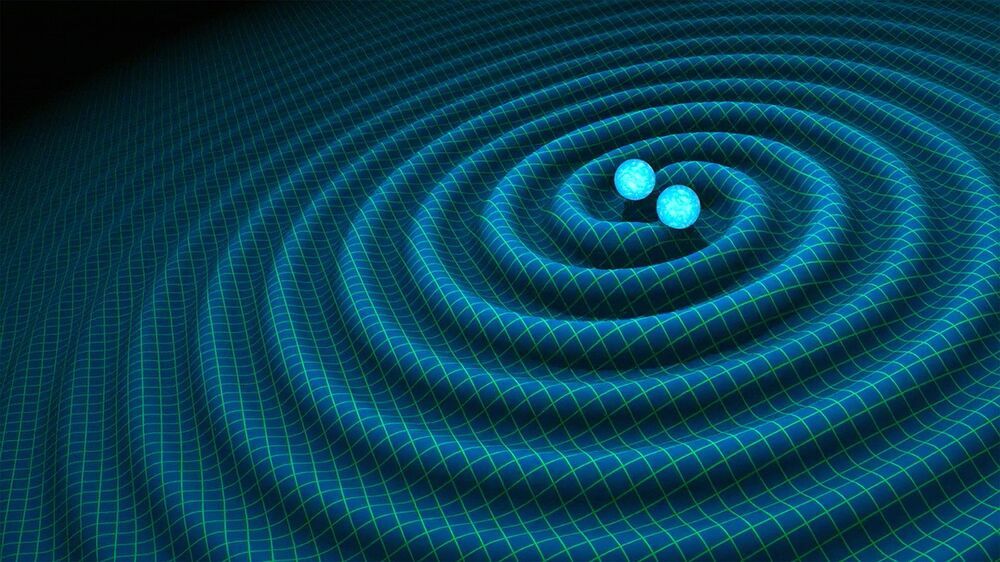Silicon has proved to be a highly valuable and reliable material for fabricating a variety of technologies, including quantum devices. In recent years, researchers have also been investigating the possible advantages of using individual artificial atoms to enhance the performance of silicon-based integrated quantum circuits. So far, however, single qubits with an optical interface have proved difficult to isolate in silicon.
Researchers at Université de Montpellier and CNRS, University Leipzig and other universities in Europe have recently successfully isolated single, optically active artificial atoms in silicon for the first time. Their paper, published in Nature Electronics, could have important implications for the development of new silicon-based quantum optics devices.
“Our study was born from the will to isolate new individual artificial atoms with a telecom optical interface in a material suitable for large-scale industrial processes,” Anaïs Dr.éau, one of the researchers who carried out the study, told TechXplore. “We are used to investigating these quantum systems, but in wide-bandgap semiconductors, such as diamond or hexagonal boron nitride. Although silicon is the most widespread material within the microelectronics industry, so far no light emitter has been reported in this small-bandgap semiconductor.”







